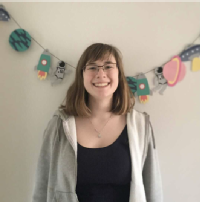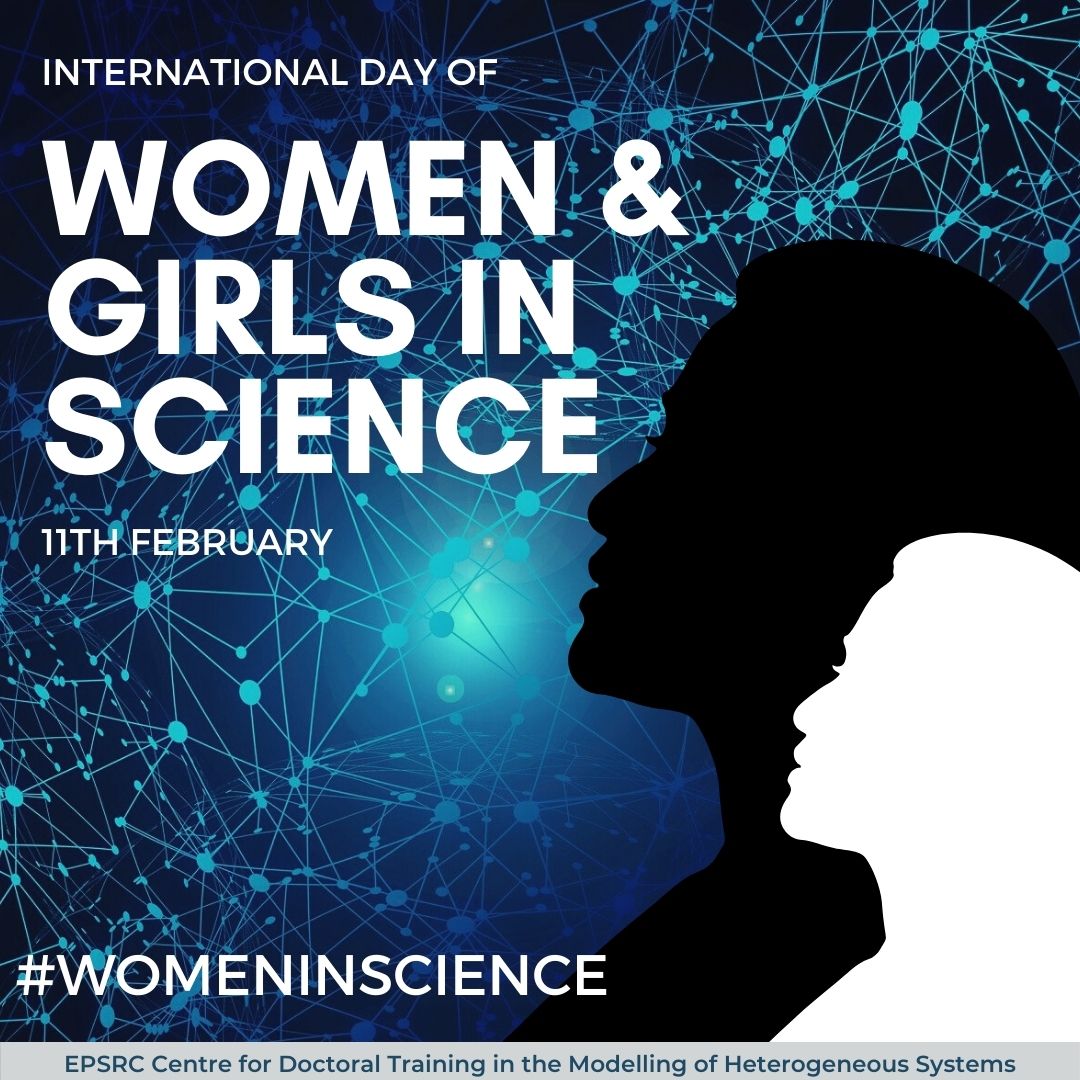Kat Blow
 |
Katarina is a third year PhD student in the HetSys CDT. Katarina studied Natural Sciences at Cambridge, with a focus on physics and materials science. After graduating from Cambridge she came to Warwick to do a Masters by Research with David Quigley on phase transitions in extreme nanowires. Her current project (with David Quigley and Gabriele Sosso) is about investigating the effect measures of the size of crystalline nuclei (called "order parameters") have in regards to the computed nucleation rates of systems. |
How did your journey into the Physical Sciences begin?
My journey into working in the physical sciences started with a summer internship with Rastko Sknepnek at the University of Dundee.
What is your favourite thing about your research?
I realised quickly that I really enjoy the problem-solving aspect of science - I even enjoy debugging code! The whole experience was so enjoyable that I stayed for weeks longer than I was supposed to, and it inspired me to apply for an MSc by research here with David Quigley. I learned a lot and knew this was what I wanted to keep doing - which is why I am still working with David (along with Gabriele Sosso) for my PhD.
Why do you think it is important to highlight women in science? What does it mean to you?
In the first year of my undergraduate degree, I was taught by several prominent women physicists. I and many of the other women on my course lived near a building which had once been labs - back when women weren't allowed into the those of the University, because that was where the men worked. We knew that had been the reality of many women scientists before us, but when a (male) Nobel laureate said women shouldn't be in the same labs as men, it was something we were able to joke about. I had seen women who had succeeded, so I knew I could too.
Science has always been influenced by the prevailing opinions of society and as such not everyone's contributions are or have been valued equally. I am deeply thankful to the generations of scientists who fought for the rights they were denied, so that I can have them today. We can't change the past, but we can and should try to make the profile of science today more diverse, to show that anyone can be a scientist.

